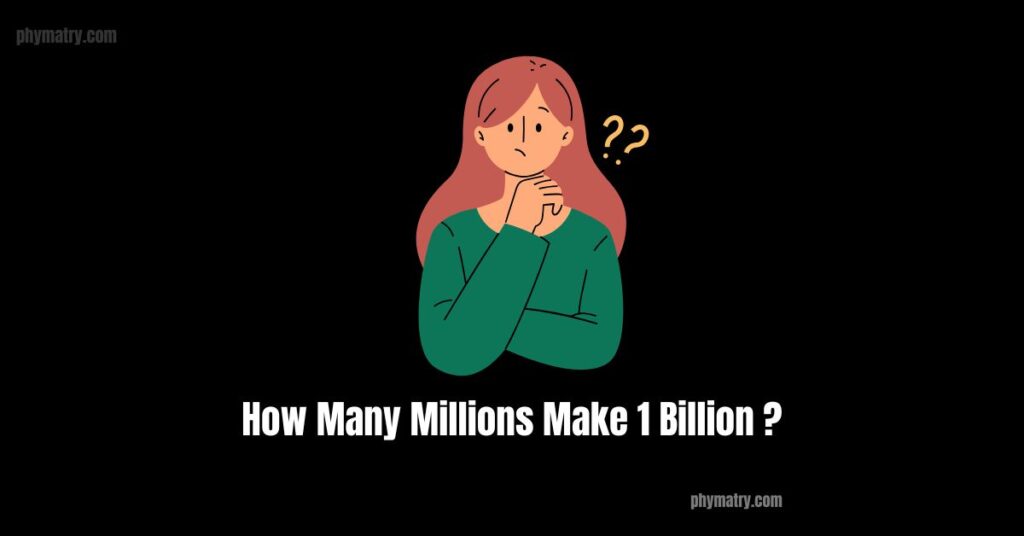The circle is one of the most fundamental shapes in geometry, appearing everywhere from bicycle wheels to planetary orbits. Understanding how to calculate its area is essential for:
-
Solving geometry problems
-
Engineering and construction projects
-
Scientific calculations
-
Everyday practical applications
This comprehensive guide will walk you through everything about the area of a circle – from basic formulas to advanced applications. We’ll cover multiple calculation methods, visual proofs, and real-world examples to give you complete mastery of this crucial geometric concept.
Section 1: The Circle Area Formula
1.1 The Standard Formula
The most common formula for calculating a circle’s area is:
A = πr²
Where:
-
A = Area
-
π (pi) ≈ 3.14159 (mathematical constant)
-
r = radius of the circle
Example Calculation:
For a circle with radius 5 cm:
A = π × (5 cm)² = 25π ≈ 78.54 cm²
1.2 Alternative Formulas
Depending on what measurements you have:
| Given | Formula | Example |
|---|---|---|
| Radius (r) | A = πr² | r = 3 → A = 9π |
| Diameter (d) | A = (πd²)/4 | d = 10 → A = 25π |
| Circumference (C) | A = C²/(4π) | C = 12π → A = 36π |
Section 2: Why Does This Formula Work? (Derivation)
2.1 Visual Proof Using Sectors
-
Divide a circle into many thin sectors (like pizza slices)
-
Rearrange them to form a parallelogram-like shape
-
As sectors become thinner, it approaches a rectangle with:
-
Height = radius (r)
-
Length = half circumference (πr)
-
-
Area = length × height = πr × r = πr²
2.2 Calculus Approach
Using integration in polar coordinates:
A = ∫₀²π ∫₀ʳ r dr dθ = πr²
Section 3: Step-by-Step Calculation Examples
3.1 Basic Calculation (Given Radius)
Problem: Find area of circle with r = 7 m
Solution:
-
A = πr²
-
= π × (7)²
-
= 49π
-
≈ 153.94 m²
3.2 Finding Area from Diameter
Problem: Circular pool has d = 14 ft
Solution:
-
r = d/2 = 7 ft
-
A = π(7)² = 49π ≈ 153.94 ft²
3.3 Practical Word Problem
Problem: Pizza with 16″ diameter costs $15. What’s cost per square inch?
Solution:
-
r = 16/2 = 8″
-
A = π(8)² = 64π ≈ 201.06 in²
-
Cost per in² = 15/201.06≈0.075
Section 4: Real-World Applications
4.1 Engineering & Construction
-
Calculating material needed for circular structures
-
Determining pipe cross-sectional areas
-
Planning roundabout dimensions
4.2 Everyday Uses
-
Comparing pizza sizes vs. prices
-
Planning garden layouts
-
Calculating fabric for round tablecloths
4.3 Scientific Applications
-
Determining cell sizes in biology
-
Calculating planetary cross-sections
-
Analyzing particle collisions in physics
Section 5: Common Mistakes & How to Avoid Them
| Mistake | Correction | Tip |
|---|---|---|
| Using diameter directly in A = πr² | Always convert to radius first | Remember r = d/2 |
| Forgetting to square the radius | A = πr² not πr | Write it as π × r × r |
| Misremembering π value | π ≈ 3.14159 | Use calculator’s π button |
| Units errors | Keep units consistent | Always include units in answer |
Section 6: Advanced Concepts
6.1 Partial Circle Areas
-
Sector Area = (θ/360) × πr² (θ in degrees)
-
Segment Area = Sector area – Triangle area
6.2 Annulus (Ring) Area
A = π(R² – r²)
Where R = outer radius, r = inner radius
6.3 Using Monte Carlo Methods
Computer technique using random points to estimate area
Practice Problems with Solutions
Basic Level
-
Find area of circle with r = 10 cm
Solution: 100π ≈ 314.16 cm²
Intermediate
-
Circular garden with C = 31.4 m needs fertilizer. How much area to cover?
Solution: r = C/(2π) = 5 m → A = 25π ≈ 78.54 m²
Advanced
-
Find area between concentric circles with r = 8 and R = 12
Solution: π(12² – 8²) = 80π ≈ 251.33
FAQs About Circle Area
❓ Why is π used in the formula?
π represents the constant ratio of circumference to diameter in all circles.
❷ Can I calculate area without π?
Only approximately – π is fundamental to circular calculations.
❓ How was the area formula discovered?
Ancient Greek mathematicians developed early proofs through geometric methods.
❓ What’s the area of a unit circle?
Exactly π (when r = 1, A = π(1)² = π)
Conclusion & Resources
Mastering circle area calculations helps with:
✔ Academic success in geometry
✔ Practical project planning
✔ Scientific analysis

